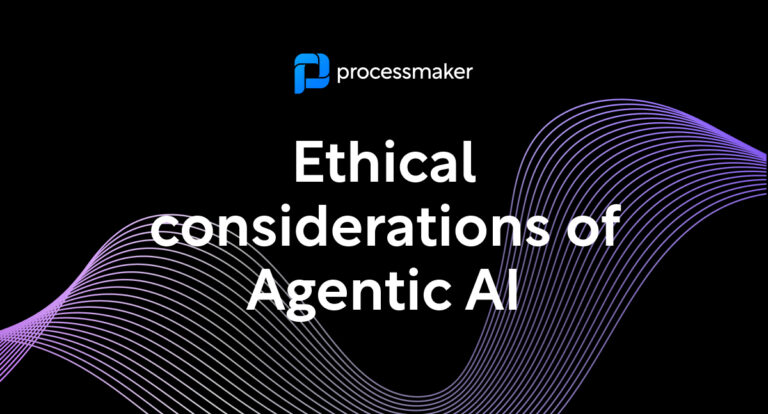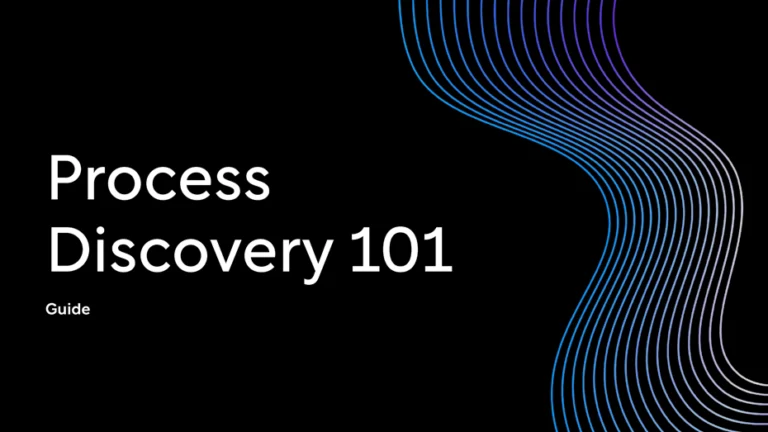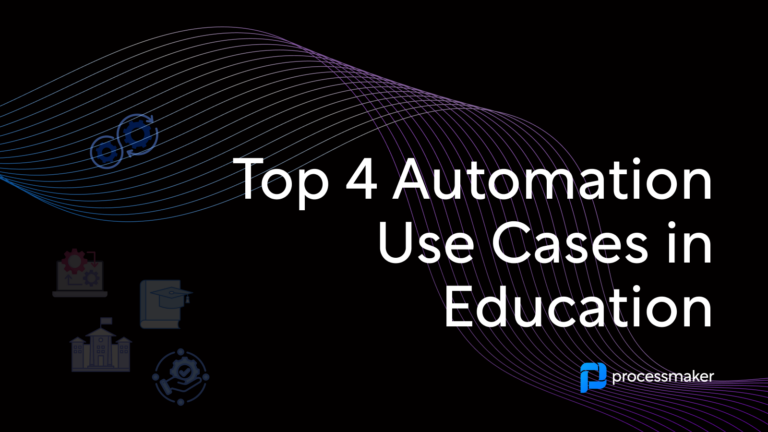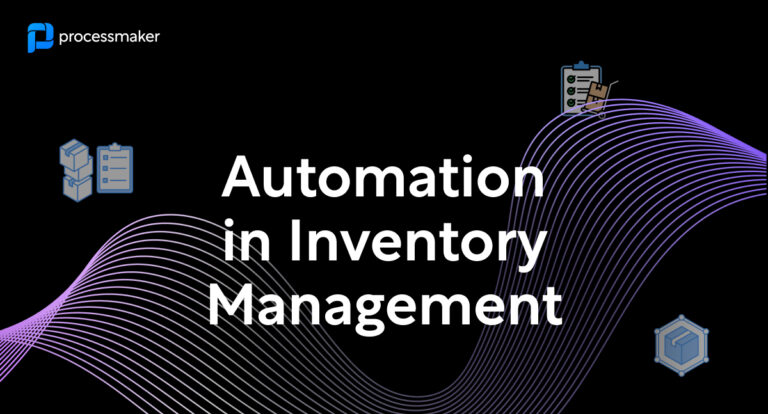We’ve rapidly embraced the rise of Agentic AI—and with good reason. This emerging technology represents a powerful leap forward in the evolution of artificial intelligence, promising to redefine how we approach automation and decision-making.
Yet, as with any groundbreaking innovation, it’s crucial to examine not just its potential, but also its ethical dimensions and long-term implications.
At ProcessMaker, we are committed to responsible innovation, and that means thoughtfully considering how autonomous AI systems are integrated into business workflows—with a strong focus on ethics, transparency, and accountability.
What Is Agentic AI?
Agentic AI refers to artificial intelligence systems designed to act independently on behalf of users or organizations to accomplish specific goals. Unlike traditional AI that simply analyzes data or makes recommendations, agentic AI can make decisions and take actions with minimal human intervention.
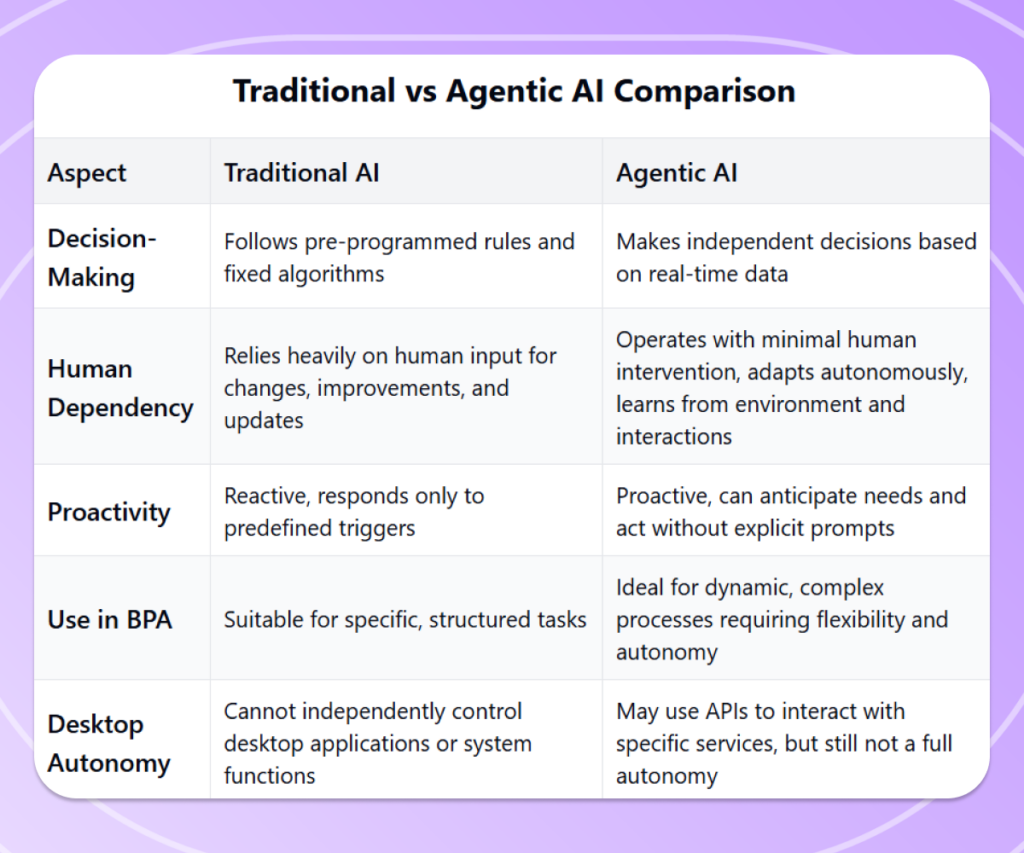
These systems can navigate complex environments, learn from outcomes, and adapt their approaches—characteristics that make them particularly valuable for business process automation.
The Ethical Landscape of Autonomous AI Systems
Transparency and Explainability
One of the most significant ethical challenges with agentic AI systems is ensuring transparency in their decision-making processes. When AI agents make consequential business decisions, stakeholders need to understand how these decisions are reached.
Key considerations:
- Can your organization explain how the AI reaches specific conclusions?
- Are decision pathways documented and accessible for review?
- Do end-users understand when they’re interacting with an AI agent versus a human?
Implementing explainable AI methodologies ensures that business processes remain transparent even as automation increases. This transparency builds trust with customers, employees, and regulatory bodies—a cornerstone of ethical AI deployment.
Accountability and Oversight
As AI agents gain autonomy, determining accountability becomes increasingly complex. When processes are fully automated, who bears responsibility for errors or unintended consequences?
Critical questions:
- What governance structures are in place to monitor AI agent actions?
- How are responsibilities distributed between developers, implementers, and end-users?
- What oversight mechanisms ensure AI systems operate within defined ethical boundaries?
Establishing clear chains of accountability and robust oversight mechanisms safeguards against ethical breaches while maintaining operational efficiency.
Privacy and Data Protection
Agentic AI systems typically require access to substantial data to function effectively. This creates inherent privacy concerns that must be addressed proactively.
Essential considerations:
- How is customer and employee data protected when processed by AI agents?
- What consent mechanisms are in place before data is utilized?
- How are data minimization principles applied in AI operations?
Organizations implementing agentic AI must develop comprehensive data governance frameworks that balance operational needs with privacy protection.
Balancing Automation with Human Values
How do humans and automated workflows work together and what
Maintaining Human-Centered Design
While efficiency drives many automation initiatives, preserving human presence and agency within automated systems remains paramount.
Key principles:
- Design systems that augment human capabilities rather than simply replace them
- Ensure humans maintain meaningful control over critical decisions
- Create mechanisms for human intervention when automated processes affect individuals significantly
ProcessMaker believes that the most successful implementations of agentic AI amplify human potential rather than diminish human roles in business processes.
Addressing Bias and Fairness
AI systems inherit biases present in their training data, potentially perpetuating or amplifying inequities when deployed in business contexts.
Proactive Measures:
- Regular bias audits of AI decision-making patterns
- Diverse development teams that can identify potential blind spots
- Testing frameworks to ensure fair outcomes across different demographic groups
- Continuous monitoring and refinement based on real-world performance
Building fairness into AI systems from the ground up ensures that business process automation benefits all stakeholders equitably.
Implementing Ethical Agentic AI in Business Processes
Creating Ethical Frameworks for AI Development
Organizations embracing agentic AI need structured approaches to ethical implementation.
Essential components:
- Clear ethical guidelines specific to AI applications
- Cross-functional ethics committees to review AI implementations
- Regular ethical impact assessments throughout the AI lifecycle
- Continuous education on evolving ethical standards for AI
Fostering Stakeholder Engagement
Ethical AI implementation requires input from diverse perspectives to identify potential concerns and solutions.
Effective strategies:
- Include representatives from various departments in AI planning
- Seek feedback from end-users affected by AI systems
- Engage external ethics experts when implementing novel applications
- Create accessible channels for reporting ethical concerns
Preparing for Regulatory Compliance
As agentic AI adoption accelerates, regulatory frameworks are evolving rapidly.
Forward-looking approaches:
- Monitor emerging AI regulations in relevant jurisdictions
- Design systems with compliance flexibility to accommodate changing requirements
- Document ethical considerations and decisions throughout development
- Participate in industry standards development
The Future of Ethical AI in Business Process Automation
As agentic AI capabilities continue to advance, organizations face both remarkable opportunities and significant ethical responsibilities. The companies that thrive will be those that embrace powerful automation while implementing thoughtful governance structures to ensure these technologies align with organizational values and societal expectations.
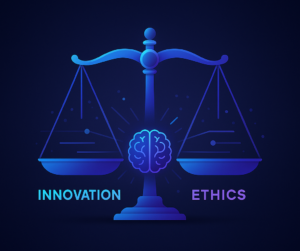
Ethics as a Competitive Advantage
Far from being a constraint, ethical implementation of agentic AI represents a significant competitive advantage in today’s business landscape. Organizations that demonstrate responsible AI practices build stronger relationships with customers, attract top talent, mitigate regulatory risks, and create more sustainable business models.
By developing comprehensive ethical frameworks for agentic AI deployment, businesses can accelerate digital transformation while maintaining alignment with core values and stakeholder expectations. The path forward requires thoughtful balance—embracing innovation while ensuring these powerful technologies serve humanity’s best interests.
